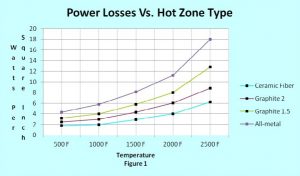Canadian Aerospace Manufacturer Joins Global Licensee Network for A20X™
A Canadian manufacturer of aerospace systems and components recently joined the global network of foundries licensed to manufacture cast parts using the advanced A20X™ aluminum alloy.

Aeromet International Ltd announced that Magellan Aerospace Corporation's Haley Ontario site will be added to the global A20X™ supply chain. Developed and patented by Aeromet in the UK, A20X™ is the world’s strongest aluminum casting alloy and is used in aerospace, defense, and space applications. The unique solidification mechanism and microstructure of the A20X™ aluminum alloy produces investment and sand cast parts with class-leading mechanical properties and enhanced thermal performance. A20X™ is fully approved for aerospace with MMPDS and AMS classifications and are typically used in high strength, high-temperature applications.
"Demand for A20X™ castings is growing significantly as aerospace and defense customers seek to unlock the weight and cost reduction potential offered by the high strength alloy – the global supply chain is key to supporting customers around the world," said Mike Bond, Director of A20X™ at Aeromet.

"Magellan is delighted to join the global network of A20X™ foundries and to be able to offer the unique benefits of A20X™ castings to its customers," said Haydn Martin, Magellan’s Vice President, Business Development, Marketing, and Contracts. "The constant challenge for aerospace engineers is to find an optimum balance between strength and weight when designing a component. The higher strength characteristics of this alloy open up new opportunities for engineers to utilize the advantages of cast components in critical aerospace applications where, traditionally, light alloy castings have not been able to meet the requirements."
Canadian Aerospace Manufacturer Joins Global Licensee Network for A20X™ Read More »












